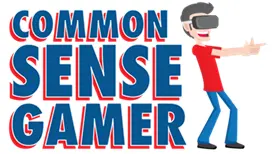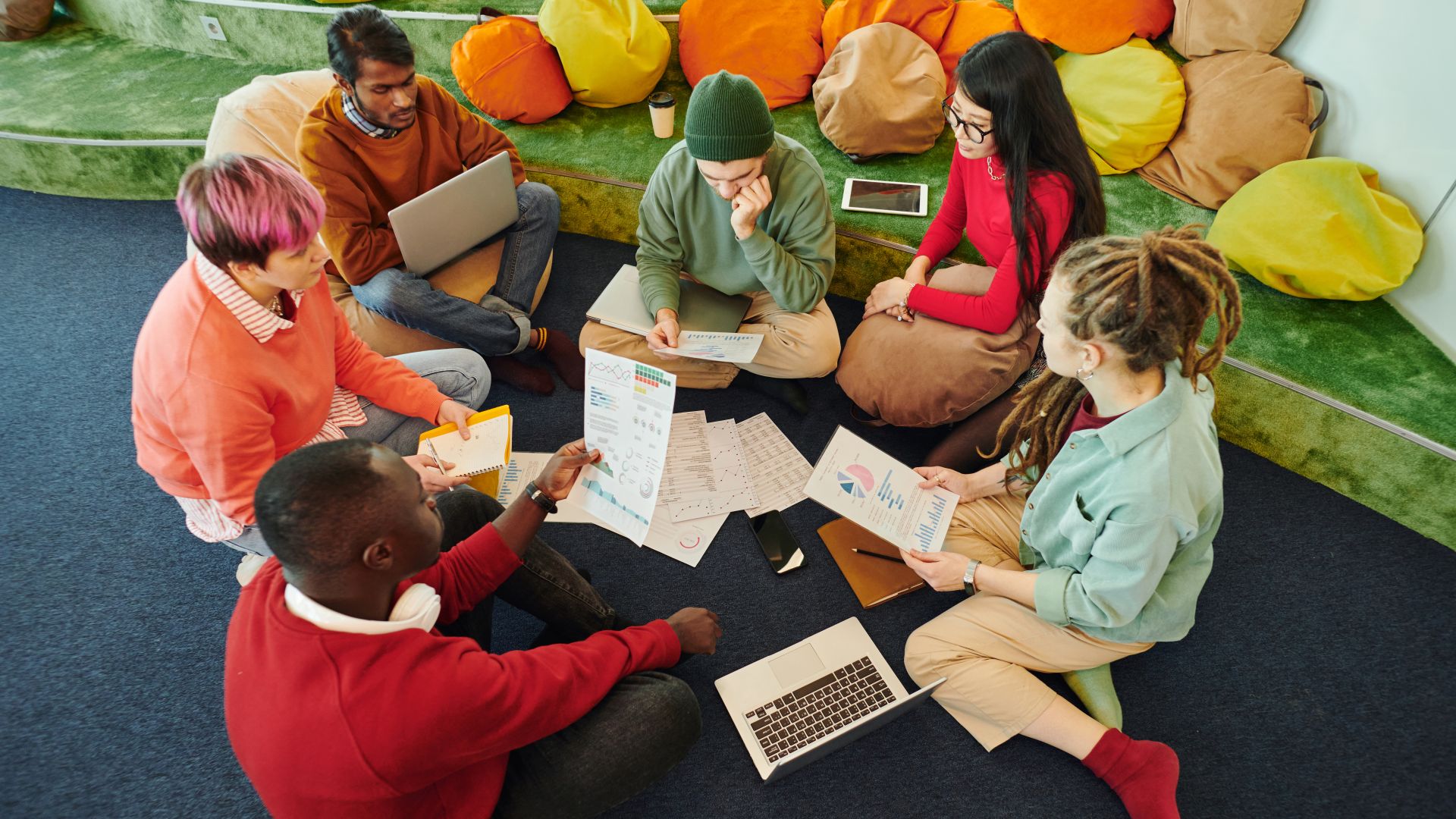Most students are keen on gaming. They spend hours and days playing their favorite games non-stop. But what about learning?
How can you maintain an excellent academic performance if you are a computer game enthusiast? Well, we know the answer!
Discover the list of prompts on how to combine learning and gaming right here below.
Search For Help
Burning deadlines is a common issue for many learners. Moreover, even the brightest minds often face serious difficulties researching, organizing arguments, and creating an outline for academic papers.
As a result, they spend tons of time trying to overcome those obstacles and can’t play games as long as they want. So, is there any solution?
First of all, you can ask your teachers and mentors for help. Professors often arrange additional lectures and practical lessons for students with learning issues.
During these lectures, you can ask additional questions and clarify all the aspects you can’t understand.
Second, your classmates might also help. Many students do their homework together to cope with the most difficult academic assignments faster and easier.
By the way, you can also arrange a gaming competition as a reward after you’ve done all your college tasks. This is an excellent way to do homework and dedicate time to playing games.
Still, if both options don’t help, check on speedy paper to get professional assistance online.
Plan and Schedule Your Activities
Most students use online planning and scheduling apps for educational purposes. In other words, they set up deadlines for their academic assignments and plan time for research and preparing for exams.
This is surely good. But if you want more time for gaming, studies shouldn’t be the only aspect you plan.
Make sure to schedule time for social media, watching videos, and different hobbies. For example, if you need to find out how to change characters in Lego, schedule 30 minutes or one hour for these purposes.
Planning your leisure time requires discipline and focus. However, if you get used to it, you will discover you have hours of free time for playing.
Set Precise Goals
Before you start playing, you need to set goals for what you want to learn or achieve. For example, you might want to improve your math skills or discover some info about a particular historical period.
Don’t dive into the connected areas when researching or preparing your homework. You should be exceptionally careful on YouTube and other platforms, where you can watch videos or listen to stories one after another.
The reason is that they can make you lose your focus and forget about the most important aspects. If you start watching videos one after another, you will likely find yourself in a few hours with little to no job done.
Explore Problem-Solving Games
Games that involve solving puzzles or overcoming challenges can improve your critical thinking and problem-solving skills.
They encourage you to think creatively and solve various problems in the game world. If you like playing but want to improve your learning skills, these games might help.
You will get used to solving problems in the digital world quickly and effectively. As a result, you will also boost your stress resistance skills in real life.
Learn through Simulation Games
Simulation games allow you to experience different challenging scenarios. Whether it’s managing a virtual city, running a farm, or exploring outer space, these games provide valuable insights into real-world situations.
Simulation games also develop your critical thinking and adaptability.
Embrace Cooperative Gaming
Most students think that playing games with friends or family members is very fun. This positive experience often makes you feel more united. You gather together, laugh, and explore the gaming world together.
Moreover, cooperative games encourage teamwork, communication, and collaboration. You can learn how to work, achieve common goals, and solve problems together.
This type of play develops team spirit and builds trust among the participants. By the way, cooperative games are often used in a class to unite people with different views and backgrounds.
Reflect on Your Gaming Experience
After playing a game, don’t forget to take some time to reflect on what you’ve learned. Think about the challenges you faced, the strategies you used, and the new information you gained. Most experts believe that reflection can effectively prepare you for future gaming experiences.
Utilize Educational Resources
Many educational resources are available online. They are designed to supplement your gaming experience. You can find tutorials, articles, videos, and forums providing additional information and insights about your games.
Extra Tips on How to Combine Learning and Gaming
- Integrate educational content into game mechanics, such as puzzles, quizzes, or challenges that require problem-solving skills.
- To incentivize learning and engagement, incorporate gamification elements, such as rewards, achievements, and progress tracking.
- Integrate storytelling and narrative structures to convey educational concepts and themes compellingly and memorably.
If you combine learning and gaming, you’ll get a fantastic way to make education more engaging. You can choose different educational games, set goals, explore different types of games, play cooperatively, reflect on your experiences, and utilize additional resources.
This tactic will allow you to maximize the benefits of gaming, expand your knowledge, and improve your skills. So, grab your controller or keyboard and start the learning adventure today!
- Rise of Kittens Tier List & Best Cat Lineup - February 5, 2025
- Whiteout Survival Pets Guide - January 23, 2025
- Whiteout Survival: Best Heroes in the Game (Tier List) - January 22, 2025

